Introduction
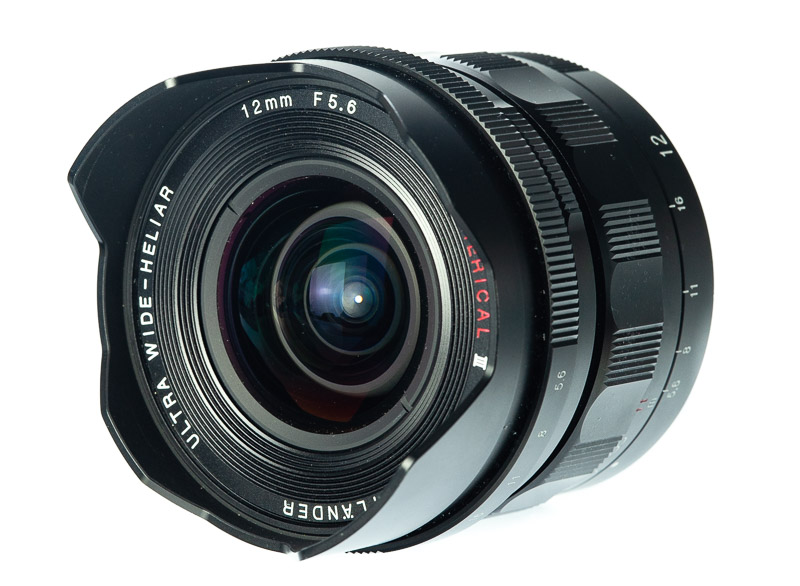
The Voigtländer 12mm 5.6 Ultra Wide Heliar E aspherical is one of the widest lenses you can buy and thanks to its moderate speed it is also a rather small lens.
Sample Images
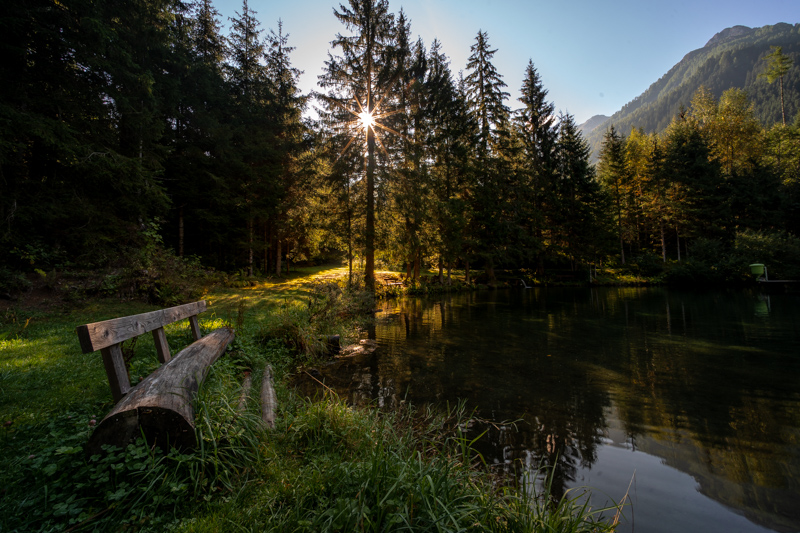
Sony A7iii | Voigtländer Ultra-Wide Heliar 5.6/12 III Sony E | f/11
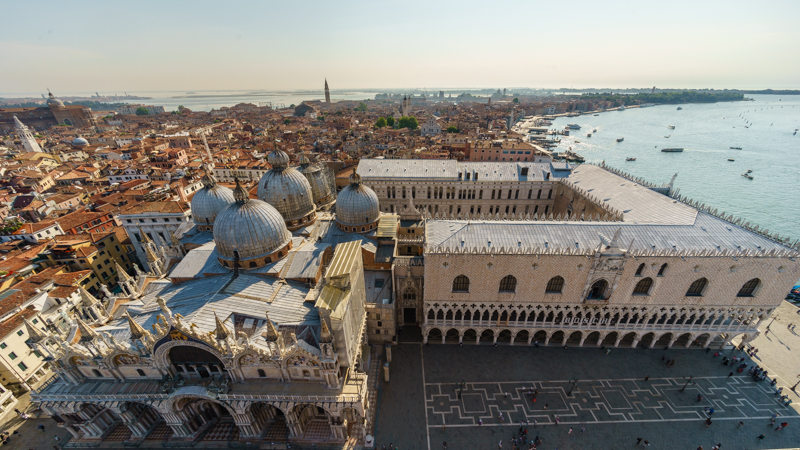
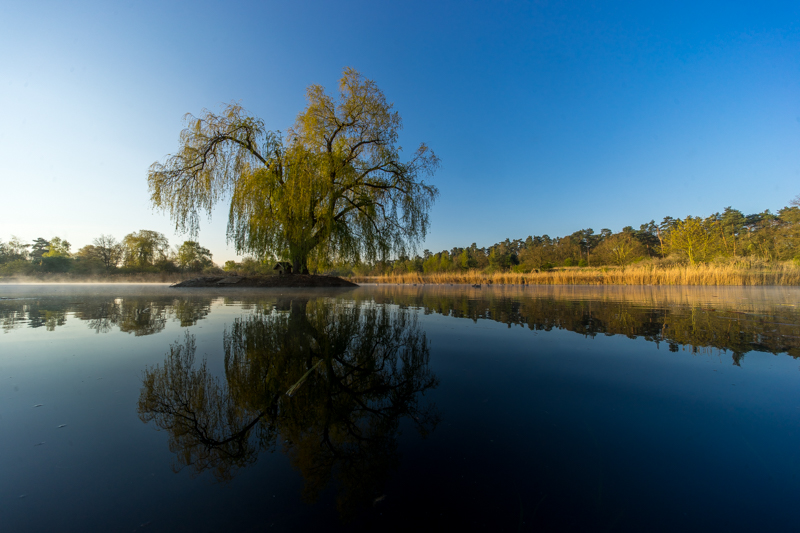
Specifications
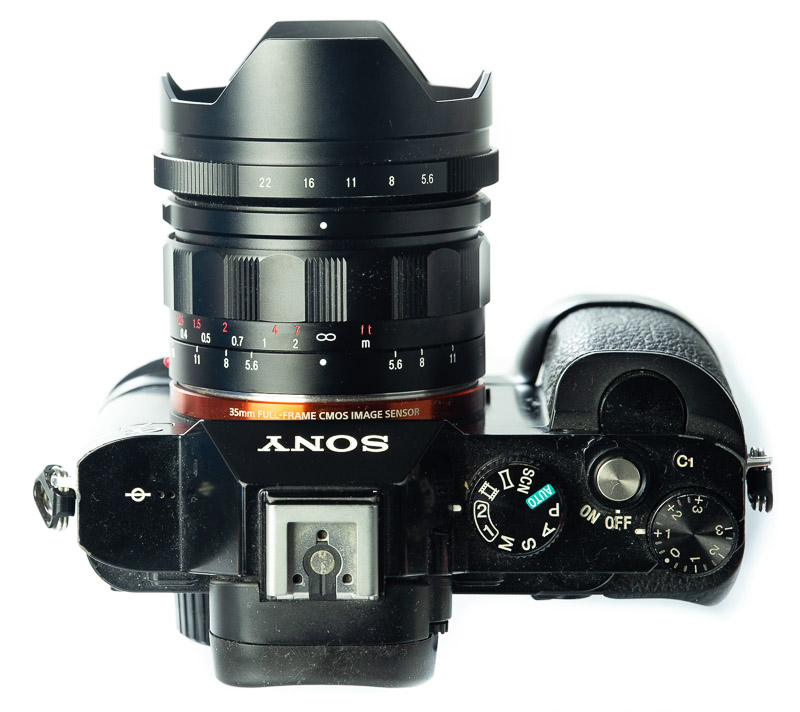
This lens sits right between the Voigtlander Hyper Wide Heliar 5.6/10 and the Voigtländer Super Wide Heliar 4.5/15 III. Neither as fast as the 15mm nor as wide as the 10mm, we have the hope that it is performs at least as bit better than the 5.6/10mm.
I am reviewing the brand new Sony E-Mount version here which has the following specifications:
-
- Diameter: 67.4 mm
- Field of view: 121° (diagonally)
- Length: 68.3 mm
- Weight: 350g
- Filter Diameter: none
- Number of Aperture Blades: 10 (straight)
- Elements/Groups: 12/10
- Close Focusing Distance: 0.3 m
- Mount: Sony-E
You may also have a look at Voigtländer’s official page.
Right now the lens is available on ebay.de for 879€ (affiliate link) and at CameraQuest | B&H | ebay.com | amazon.com for 749$ (affiliate links). If you purchase the lens through one of these affiliate-links we get a small compensation with no additional cost to you.
Versions
There is an older, more compact 5.6/12 from Voigtlander which came in M39 and M-mount which we reviewed previously.
This newer design also comes as a slightly more compact M-mount version with the same optics.
Handling / Build Quality
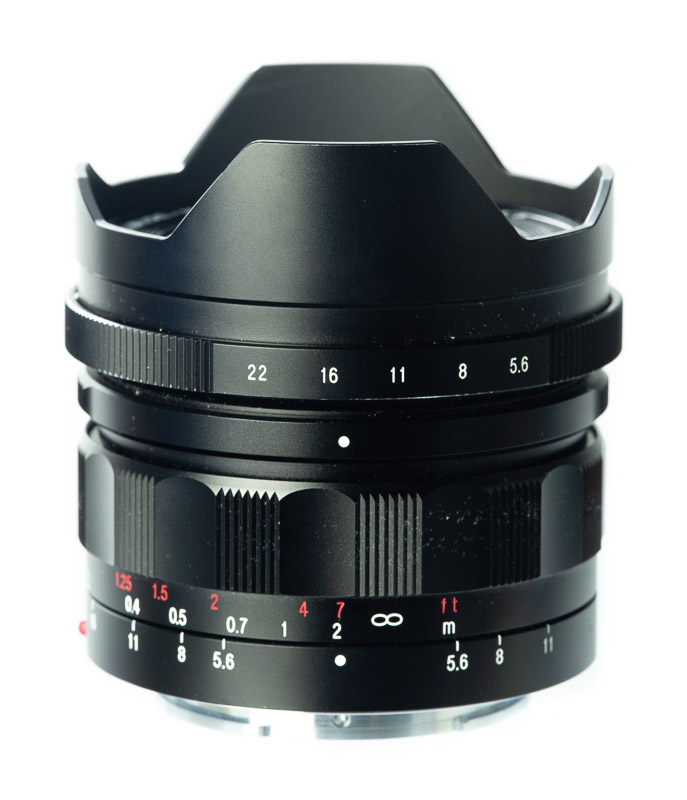
The build quality is very nice as the lens is an all metal construction and feels very solid, tolerances are very low and the markings are engraved and filled with white (and red) paint.
The focus ring hast just the right resistance, is distinctively shaped, quite broad and easy to grab without looking at the lens. It takes roughly 90° turning it from Infinity to 0.3 m. The aperture ring has third-of-a-stop click-stops and it takes a little less than 70° from f/5.6 to f/22.
When you turn the focusing ring the camera zooms in automatically, this can also be turned off in the camera menu. But there is an additional effect: a virtual distance scale is shown in the viewfinder and on the screen.
The hood is non detachable and there is no filter thread so using filters is not possible without a lens specific adapter.
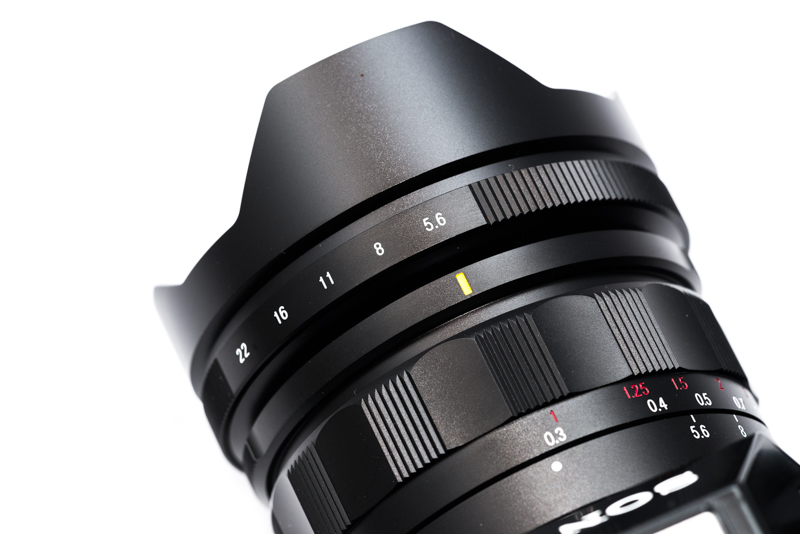
The aperture ring can be declicked – a feature which is also availabe on Zeiss Loxia lenses – but the incorporation here is way better in my opinion: there is a small ring right behind the aperture ring, you can pull it forward, turn it by 180° and thereby change between click stops and clickless aperture (white dot on top: click stops, yellow line on top: clickless).
Vignetting and colorcast
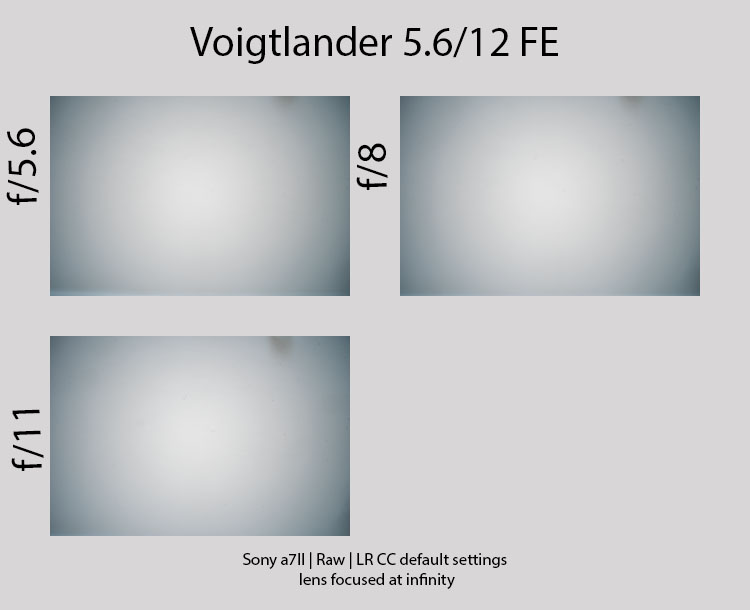
Like the 5.6/10 and 4.5/15 the Voigtlander 5.6/12 shows very strong vignetting.
On the a7II I measure about 2.8 stops at all apertures. On the a7s and younger cameras figures might be slightly better. The is a lightroom profile with reduces vignetting but does not correct it completely.
There is also a blue colorcast. Again this might differ on other sensor designs. When photographing snow it could be noticeable.
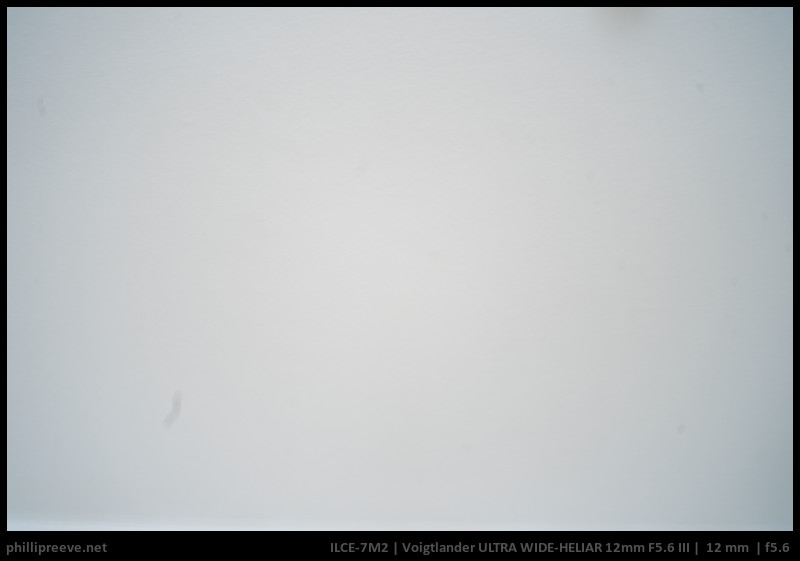
Flare resistance
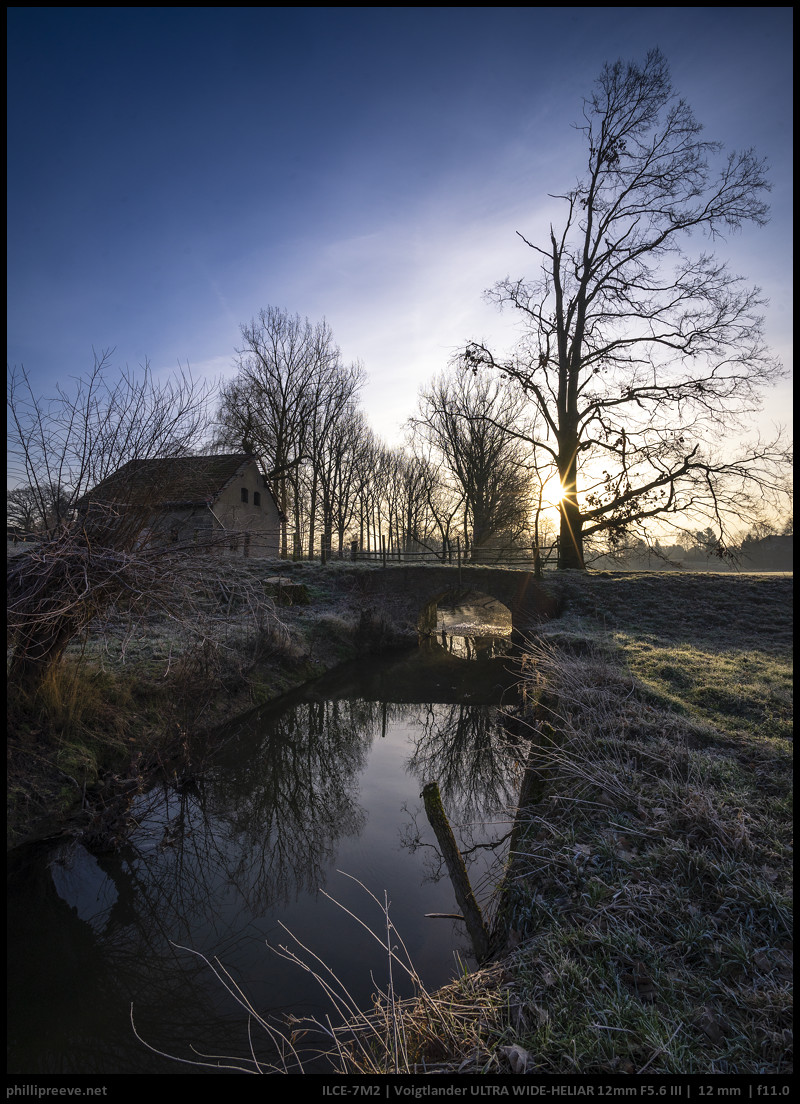
Flare resistance is very good. You can produce minor ghosting and some veiling flare but they are pretty unobtrusive.
Distortion
before: uncorrected | after: correctedThe is only minor distortion which is corrected by profile in LR.
Sunstars
Between f/5.6 and f/16 this lens has the same beautiful sunstars we have come to expect from a Voigtlander lens.
Bokeh
With an close focusing distance of 30 cm this ist the most shallow DOF you can get and it looks ok.
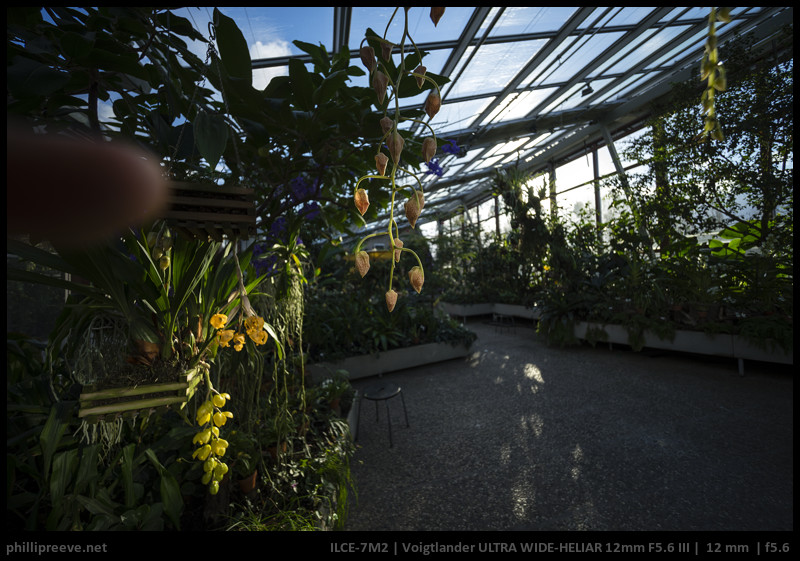
Chromatic aberrations
longitudinal
Because of the slow maximum aperture longitudinal CAs are nothing to worry about. Because I couldn’t find any, I can’t show you any.
lateral
Lateral chromatic aberrations aren’t corrected very well.
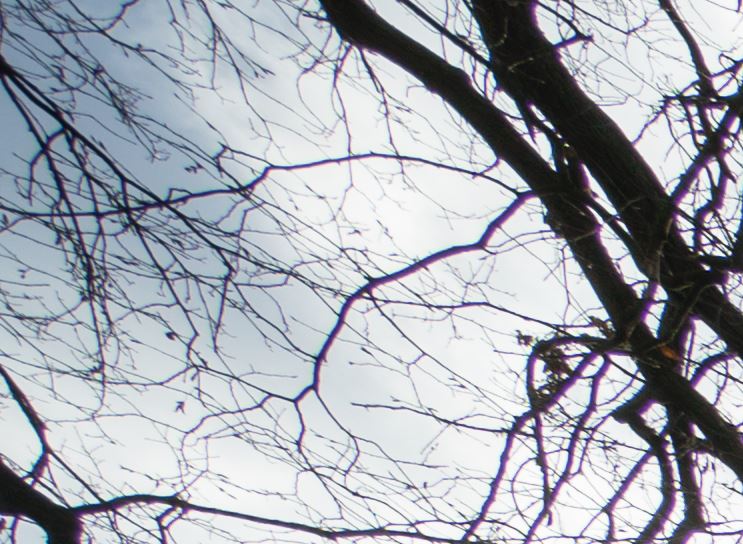
Sharpness
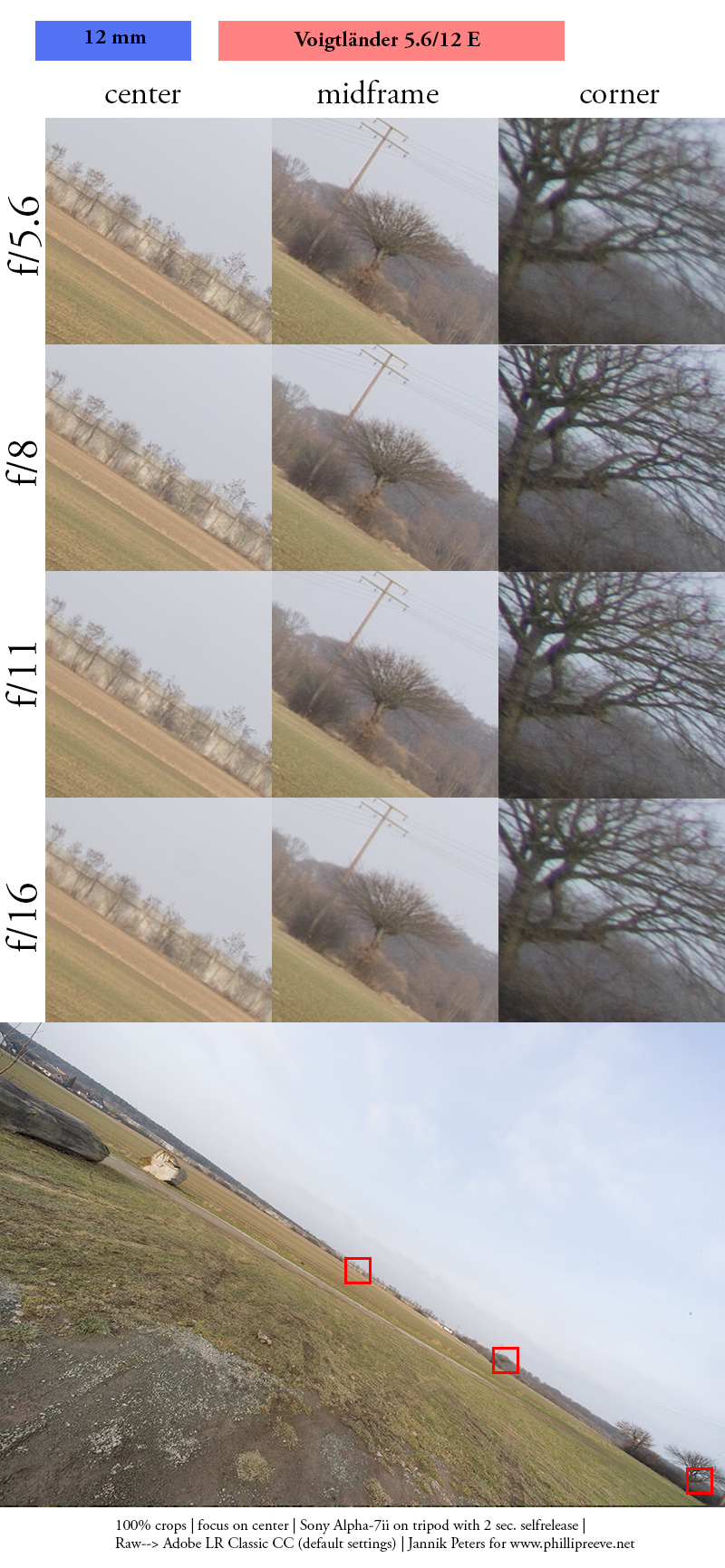
f/5.6: Most of the frame is very sharp but the outer 10-15% of the image is not.
f/8: Now the corners are sharp as well though not on a very high level.
f/11: Everything is a little less sharp due to diffraction.
Overall this is a decent performance. If you consider the very wide focal length I would even call it a good performance.
Compared to the Voigtlander 5.6/10 the 5.6/12 appear a little sharper but a little less sharp than the 4.5/15 or 3.5/21.
Alternatives
Sony FE 4/12-24: The significantly bigger and more expensive Sony is quite a bit sharper than the Voigtlander and of course it offers AF, is one stop faster, has less vignetting and zooms. But it is less flare resistant and doesn’t have nice sunstars. So flexibility and performance count for the zoom, only price, handling and flare resistance for the prime.
Voigtlander 12mm 5.6 Ultra Wide Heliar (M39): The predecessor has weaker corners, is less pleasant to use and even stronger vignetting but it is smaller and more affordable.
Laowa 2.8/12: Much much bigger and faster with less vignetting but also weaker flare resistance and not as nice sunstars.
Laowa 4.5-5.6/10-18: Less sharp, bigger and less flare resistant with more distortion but of course a lot more flexible.
Voigtlander 5.6/10: The jump from 12mm to 10mm is more extreme than you might think. Apart from that these lenses are very similar, the 12mm is a little sharper and a little more affordable.
Conclusion
good
|
average
|
not good
|
To achieve the smallish size and very wide focal length of the 5.6/12 Cosina had to trade off strong vignetting, slow speed and some sharpness. I think the results is a well balanced lens which is pleasant to handle and which gives very good results in capable hands.
Composing images at 12mm is a challenge and it takes quite a bit of experience to employ such a wide lens effectively. But if you know how to employ it you get a distictive perspective.
Since there is a wider Voigtlander 5.6/10 (which is less sharp) and a sharper, more flexible Sony 4/12-24 (which is more flare prone) the audience for the 5.6/12 is probably not very large but if you appreciate using manual focus lenses, shoot against the light and know that 10mm are too wide for you then I wouldn’t hesitate to recommend the Voigtlander.
Right now the lens is available on ebay.de for 879€ (affiliate link) and at CameraQuest | B&H | ebay.com | amazon.com for 749$ (affiliate links).
Sample Images
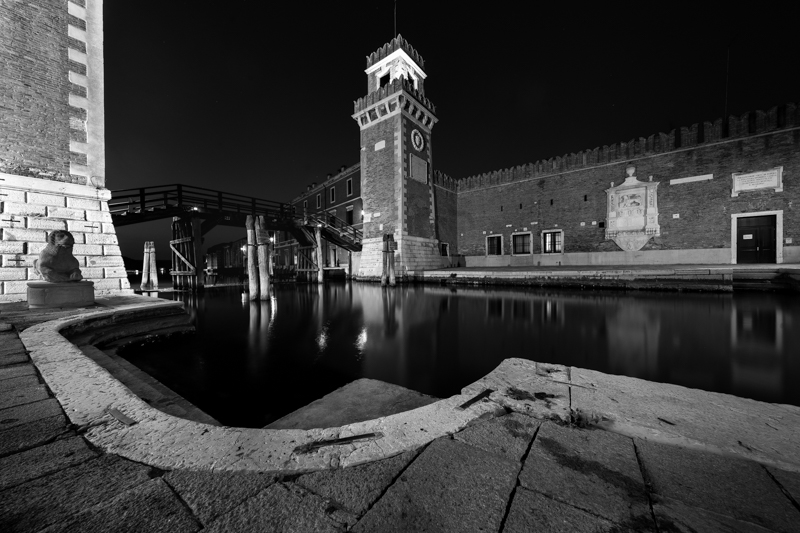
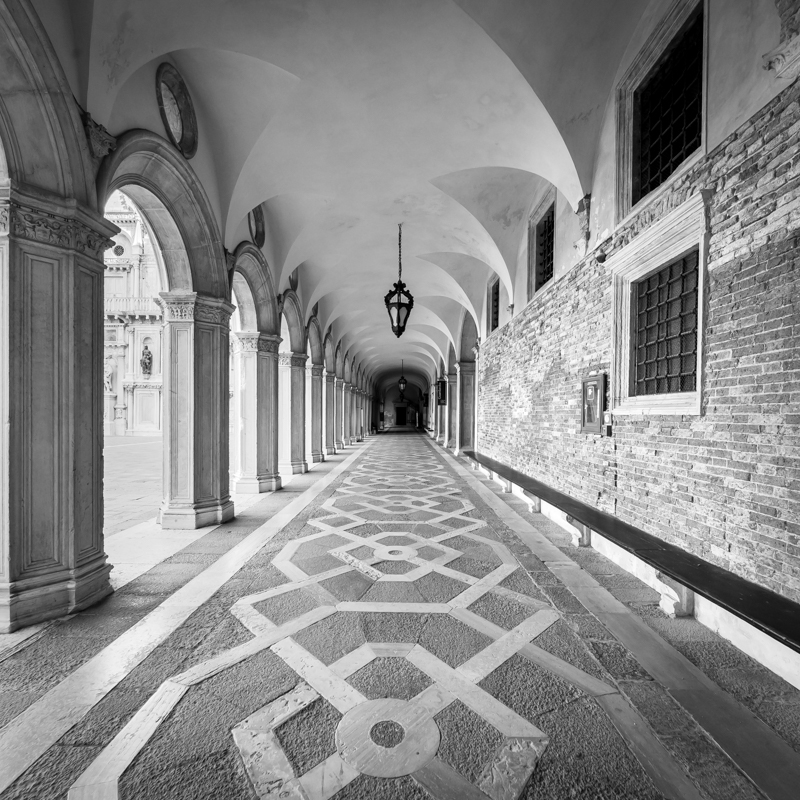
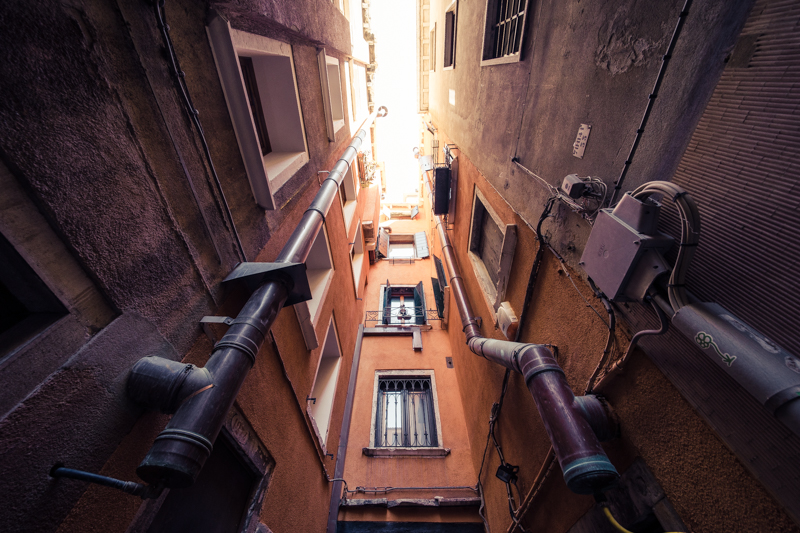
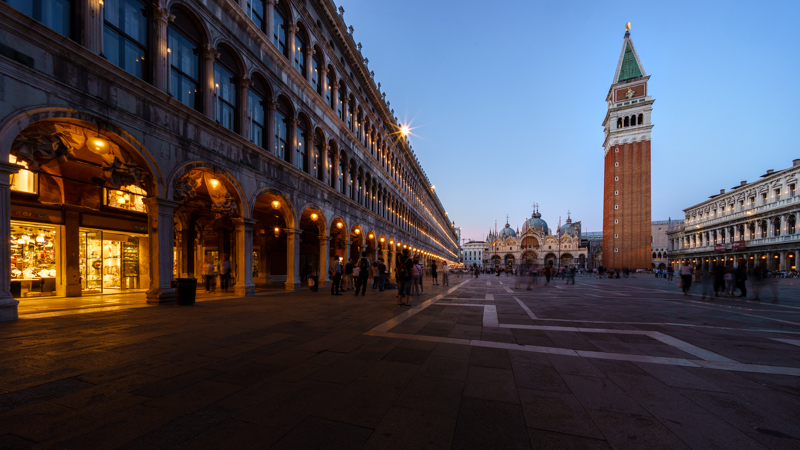
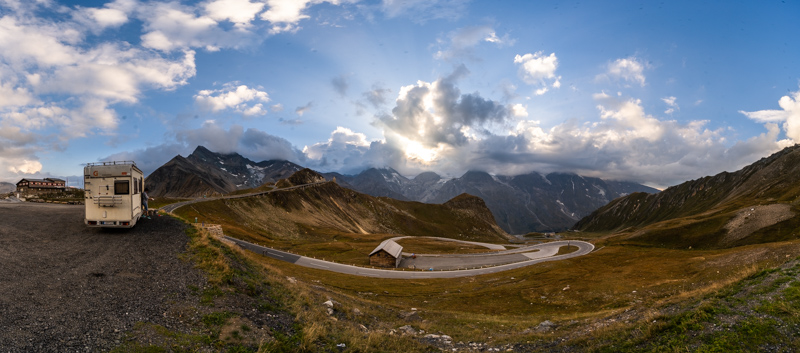
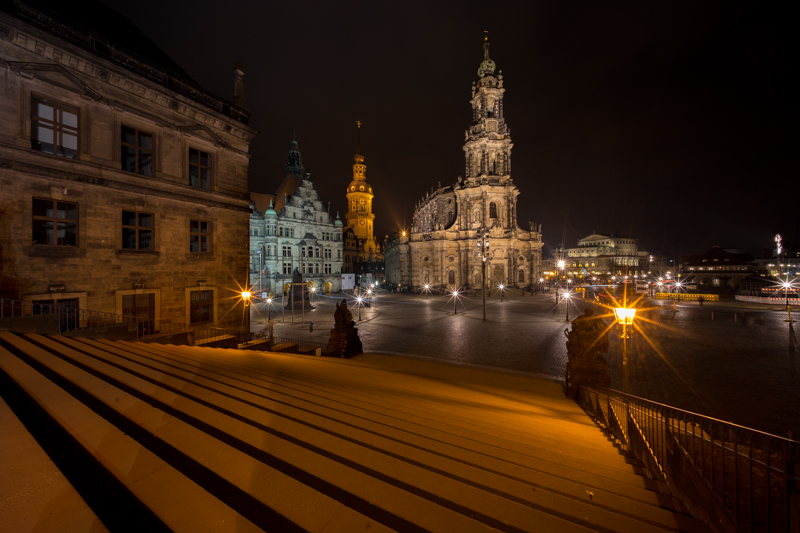
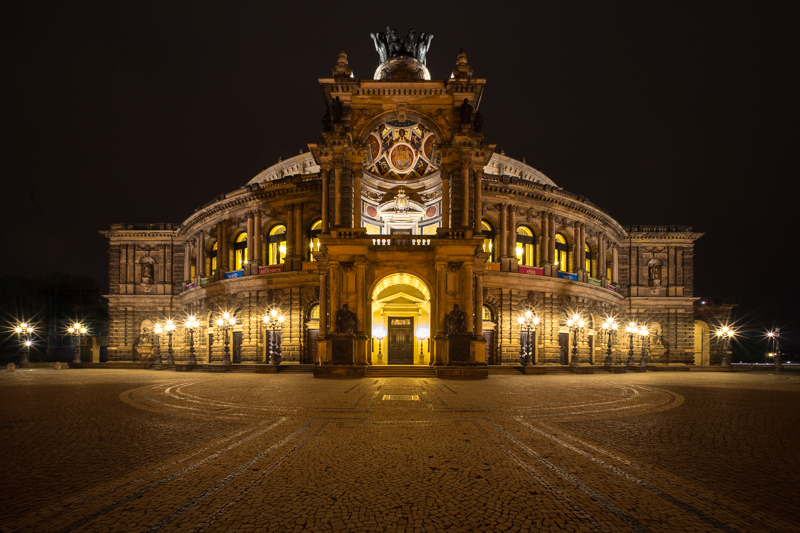
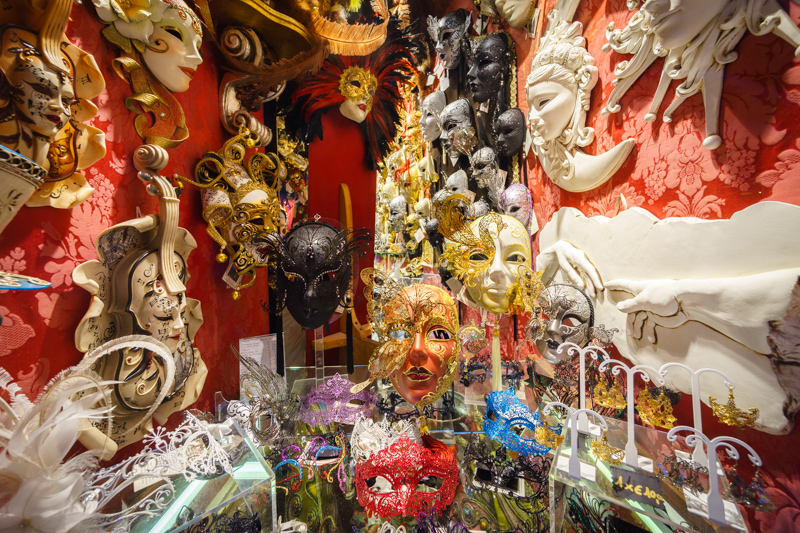
I have also set up a flickr album for this lens which contains some more sample images.
Further Reading
- Guide to Ultra Wideangle lenses for the Sony a7 series v1.2
- Our reviews of mostly manual lenses on the Sony a7 series
- Voigtlander 4.5/15 Review
- Voigtlander 5.6/12 Review
This site contains affiliate links. If you make a purchase using any of the links marked as affiliate links, I may receive a small commission at no additional cost to you. This helps support the creation of future content.
Latest posts by Phillip Reeve (see all)
- Review: Samyang AF 75/1.8 FE - April 12, 2021
- The FE-List now has 113 lenses on it - March 25, 2021
- 2020 – Year’s end review - December 28, 2020
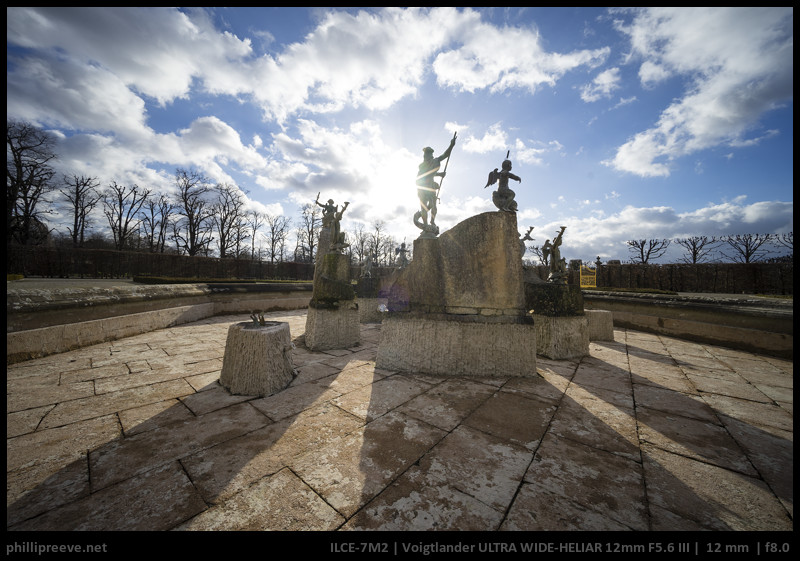
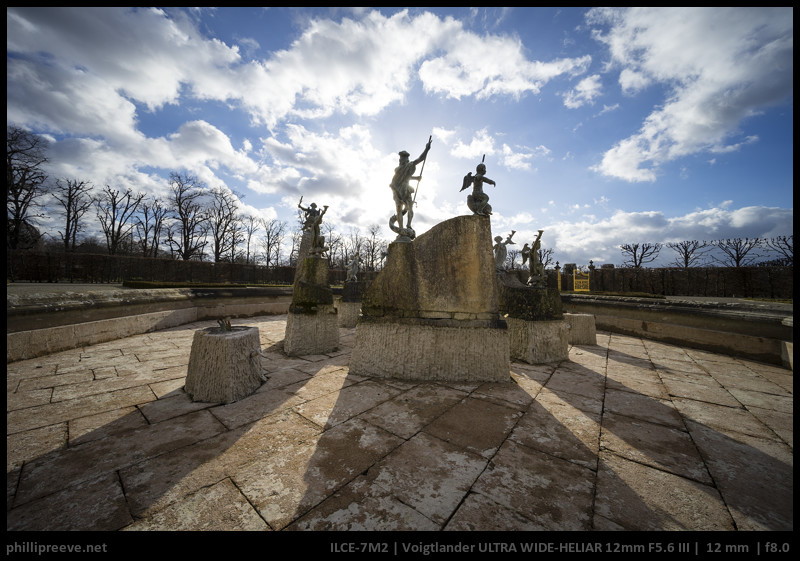

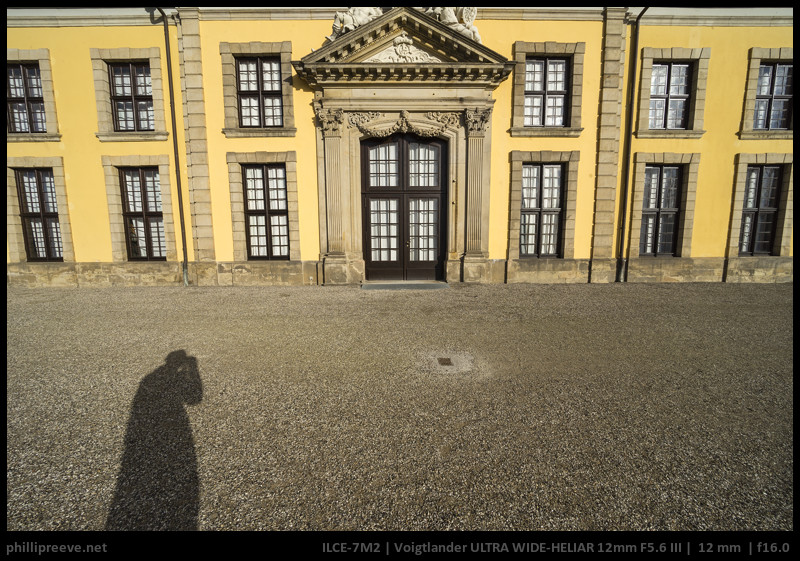
An excellent review. The lens itself does seem quite compelling (for its size, relatively good IQ and, of course, its light weight and solid build quality).
Very interesting lens and very nice review. Actually, I always hesitate between the 12mm and 15mm. I have the Lox 21mm, which I love, any suggestion? Regards.
Very different focal lengths. Personally I would probably ho for the 15 if I didn’t already have the ZA 4/16-35.
Is the difference between 15mm and 21mm large enough to justify an extra lens?
91˚ vs 110˚ fileds of view.
Short answer, yes.
Very beautiful pictures as always on this blog! Interesting to see your composition with such a wide lens.
Thank you very much, Adam!
Thanks for the review. I would present the sharpness test after lateral CA correction, though, as it is an integral part of the workflow.
Great review as always. I have a couple of questions.
How much sharper is this lens than the Voigtlander 5.6/10 at F8? Is it perhaps possible to show a side by side comparison? This would also help to see how big the difference in FOV is between both lenses.
Thanks
Matt
Hi,
Great article as always.
I’m wondering if you have any experience with the Voigtlander 12mm ii for M mount? I’d like to use filters and this one has a 67mm thread, but I wouldn’t want to get it if the quality isn’t as good. (Yes, there are probably external filter systems available for the e mount version, but why bother if the m mount version is good?) I’ve also heard that I might need the close focus adapter if I want to do landscape shots with the foreground element really close. Any thoughts on this (e mount vs. m mount version ii with adapter)?
Thanks,
Patrick in Canada
12mm II and I are optically the same.
Here you can find a review of 12mm MK I.
Version III offers significantly better performance on Sony cameras.
Hola, uso el VM12 5,6 II en fotografía y video al fin del mundo en la Patagonia y es espectacular. Peso y volumen geniál para transportar.
Unfortunately, this lens seems to be discontinued by Voigtländer. Does anybody know why?
It sold much worse compared to 10mm 5.6 and 15mm 4.5.
Ah, thanks…
For me personally, 15mm is too close to my 16-35/4 (which I do not really like because of its undefined sun-stars), and a 10mm prime is far too wide for me as a Tele-Shooter 😉
The alternative is the Laowa 10-18. I wish there was a loxia 12/2.8…
I think you can still get the 12mm 5.6 in some stores, sometimes even with a discount because it has been discontinued…
Do you still think Laowa 12mm F2.8 with 1.4x 10mm tele-shift converter is useful compared to 17mm F4 TS-E?
Yeah, it is useful and has a few handling benefits over the Tse 17, namely: can be used as a 12mm 2.8, you don’t need an usually too short Metabones adapter to have aperture preview and it works with smaller filters.
My only concern is of course the QC of Laowa. The price is too steep for choosing a good sample after buying multiple lenses. I should ask about exchange policy for my local distributor and thinking about buying from them even if it is slightly overpriced compared to buying it on ebay.
A good return policy is also worth a few dollars to me.
But the TS-E 17mm I also had to send in to have it properly centered :/
Oh, and if you are not in a hurry, yesterday first pictures of the Laowa 15mm 4.5 Shift surfaced. Maybe worth waiting for that one…
Thanks for the heads up. I’m going to wait and see about the shift lens, but for now, the multiple purpose(speed for the astros, shift capability for architectural shots) UWA prime is more appealing to me.
I’m looking forward for this CP+. 😉
I am acquiring a Like New sample of the Voigtlander 12/5.6 Heliar III along with a Metabones Leica M > Sony E adapter from a used equipment dealer and wondered if the glass element in the Metabones adapter plays a significant role in the fitment or performance on a Sony a7r3.
All reviews omit any mention of adapter effects (or lack thereof) with this combination. Can you comment on what I should expect?
There should not be any glass elements in that adapter.